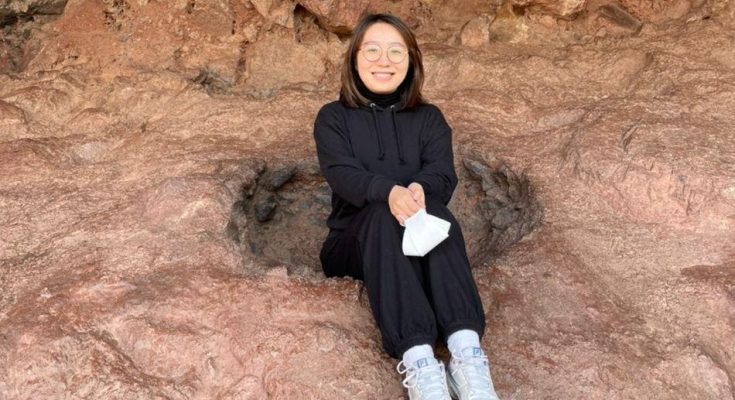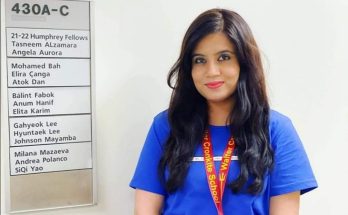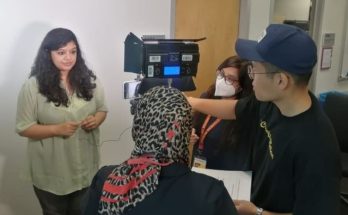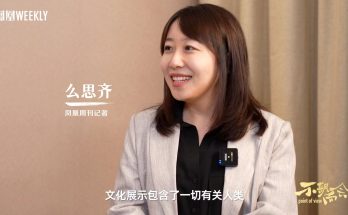“There is meaning in every journey that is unknown to the traveler.” That is what I believe. When I started writing this blog, my Humphrey time was halfway done. I want to deliberately look back on what it gave me in my journey. It is a luxury to have a peaceful time to go back to school and live a relaxed life for almost one year. I am grateful to have Humphrey Fellow experience in my life with numerous uncertainties surrounded nowadays.
This is my first chance to visit the U.S. Before this, all my understanding of this country and its culture came from the media, friends, and movies. After 6 months of experience, I believe there’s simply no substitute for hands-on, personal experience.
In the earlier days, I was used to being asked one question, “What is your culture shock here?” At first, I didn’t know how to respond. In other words, I didn’t feel intense culture shock. Living in the modern city, the whole world is gradually becoming alike. The economic globalization of the past few decades has indeed made the earth a global village. Though I come from a quite different political culture and social culture background, I have to say that in this digital age, I did not feel that much different in multiple levels at the beginning. In my experience, similarities are over differences.
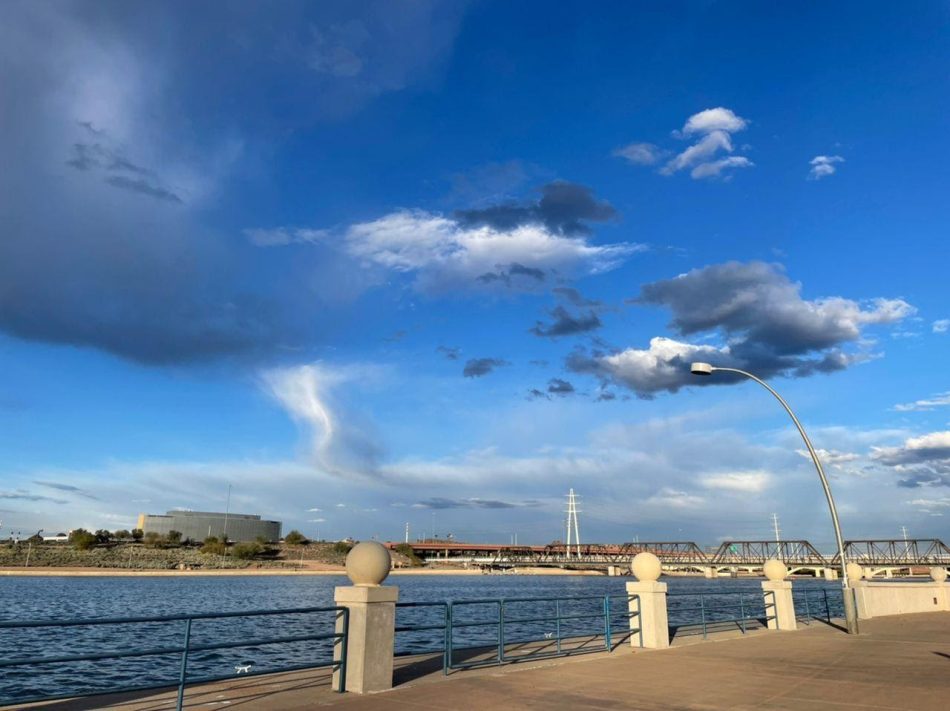
However, I realized two things that would be defined as culture shock in my understanding. Last weekend, I went hiking with two of our fellows in Papago Park. Despite what I’ve said many times about taking adventures here, this is indeed the first time I’ve gone hiking in Phoenix. As COVID-19 cases continue to increase, perhaps there’s nothing better than hiking for fun.
Without any doubt, this experience is funny and refreshes me from exhausting tasks in school. It’s not easy to climb, even a little bit dangerous, but the mountain with many holes is very special for me. Mountains in Phoenix are always isolated instead of connected closely, so they look very abrupt, but that’s an attractive thing. I don’t have any talent to remember details, but my feeling and impression were that Americans particularly love nature. They are willing to go outdoors for relaxing on weekends, which is almost forgotten in this fast-paced, computer-dependent life.
I have even forgotten the last time I was nourished by nature, and I seem to walk through the steel forest every day. The same happened among my peers. Our bodies and minds have been separated from nature for a long time, so we are getting more and more tired under the high-speed life. It is a progress for me to realize people should not be alienated by electronic things.
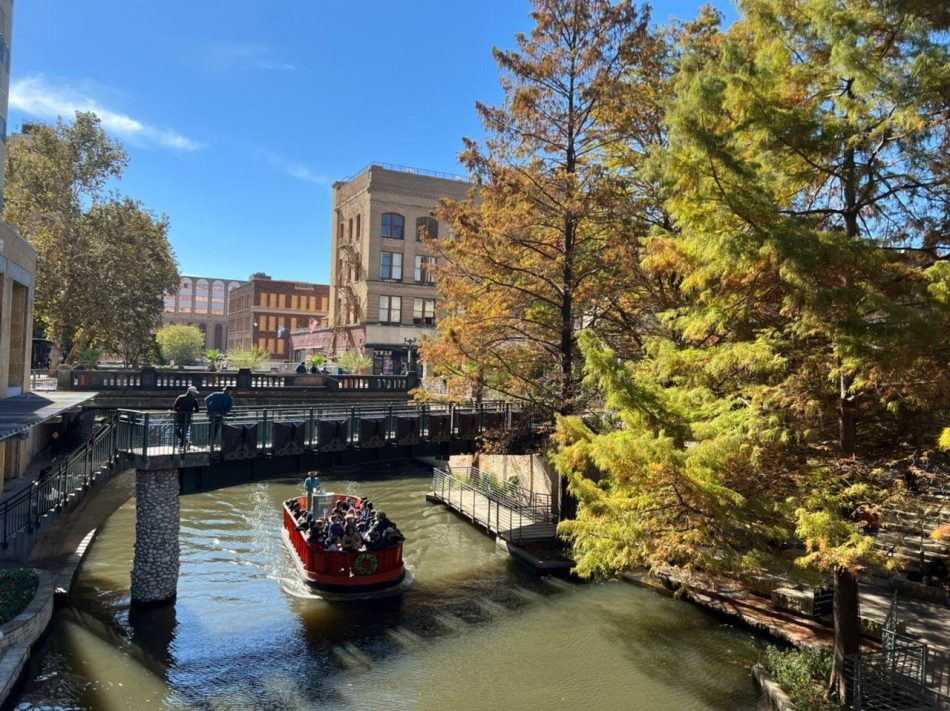
I also would love to share one episode during our trip. One companion got stuck when climbing a small hill which is very difficult to get stuck on. But as we are all good journalists, what we were doing was just recording and reporting, not helping, which made her feel frustrated. After a long-time, she was finally rescued but we couldn’t stop laughing.
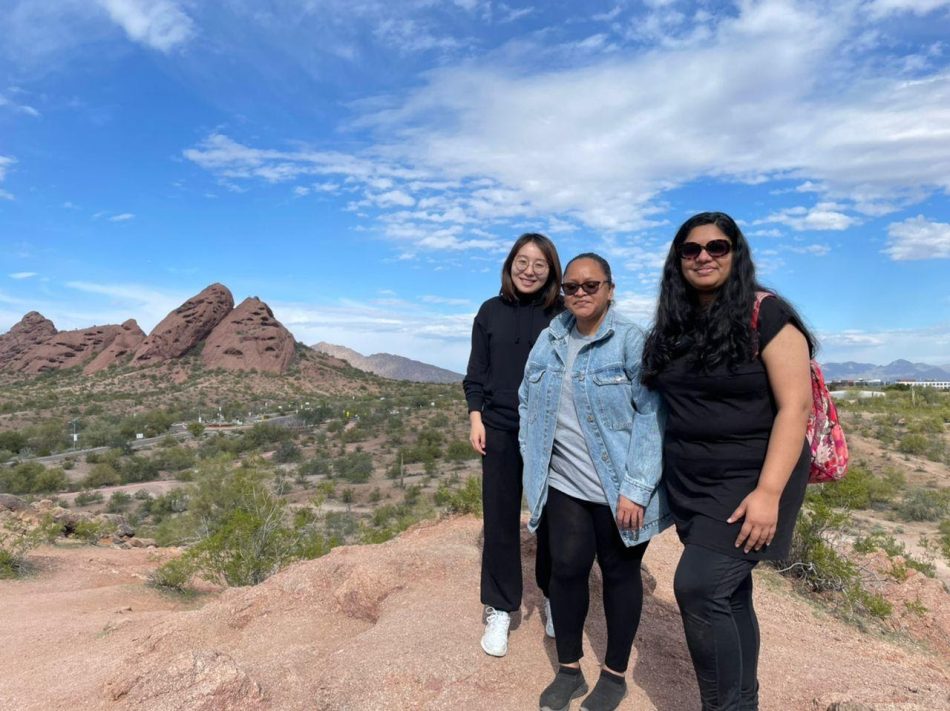
Another thing that has impressed me in the past months is that American people are dedicated to helping others to accomplish whatever they want. Helping others is also helping ourselves, which is a precious value I learnt here. Therefore, the trust cost in this society and community is relatively low, people are delighted to give you a favor when you need it. Many young people I have known before believe that self-fulfillment comes from surpassing others, but it is wrong, also causing social anxiety and peer pressure.
I met 13 interesting, intelligent, and inspiring fellows in the Cronkite school, Arizona State University, their stories have touched me and inspired me, as well as broadened my worldview. I am also grateful to know ASU Humphrey faculties and coordinators here, Juan, John, Jan, Adrienne, and Nicole, who gave us support physically and mentally.
In conclusion, it’s a story that each person makes the other better and we share much in common rather than a big gap, and it goes on.

